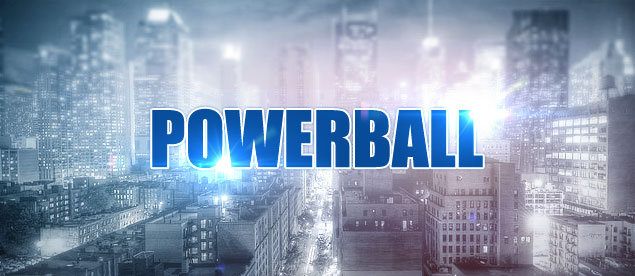Right to Know
New Hampshire, like most jurisdictions in America, has a ‘Right to Know’ law which ‘requires that the winner’s name, town and amount won be available for public information’. Charlie McIntyre, the state lottery’s executive director, says that such procedures are in place ‘for the security and integrity of the lottery, our players and our games’.
However, New Hampshire is among the states where players can claim prizes through a trust or limited liability company (LLC). If a winner takes up this option, all that is revealed is the name of the trust and trustee, who is usually a representative from an associated law firm.
Ticket was signed
The issue with the latest winner is that she signed the back of her ticket in a panic to secure it, and only realised later that she could have created a trust after seeking advice from an attorney. The New Hampshire Lottery will be compelled to release her identity if someone files a request for the information.
She is not able to cross out her name on the ticket without invalidating it, but has appeared in court to ask the lottery to make an exception. Identifying herself only as Jane Doe, the woman’s lawyers spoke about the potential risks to her safety and argued that her privacy interest is far more important than the insignificant public interest in revealing her name.
State lotteries advise players to sign their tickets as proof that it belongs to them. The New Hampshire Lottery states: “A ticket is a bearer instrument. Whoever “bears” (holds) the ticket is considered the owner unless the back of the ticket has been signed. If you lose an unsigned winning ticket, whoever finds it can legally claim the prize. The New Hampshire Lottery/MUSL, retailers or contractors shall not be responsible for lost or stolen tickets.”
Which states allow anonymity?
The only places which do allow players to keep their anonymity are Delaware, Kansas, Maryland, North Dakota, Ohio and South Carolina, and players should be aware of the rules before they enter the game. The New Hampshire saga will continue with a court hearing on 21st February, and the winner does not have to claim their prize until 6th January 2019, one year after the draw took place.



